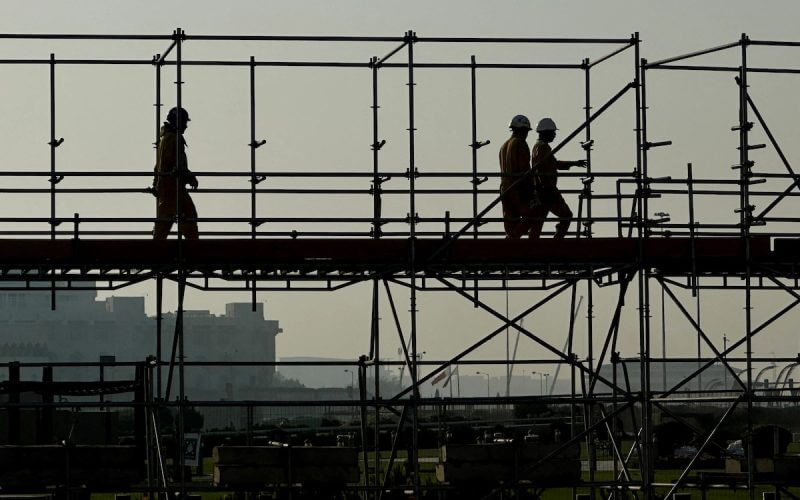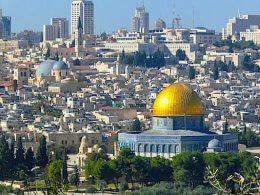By All Arab News Staff | November 17, 2022
As international soccer fans begin to arrive at the World Cup 2022 in Qatar, many have criticized the host country for its treatment of the thousands of foreign workers that built the facilities for the large event, including seven stadiums, 100 hotels and a brand new metro.
The vast majority of the workers hail from poor developing nations in Asia and Africa, such as India, Kenya, Bangladesh, the Philippines and Nepal. Most arrived in Qatar with dreams of making sufficient money to send home to their families; many ended up disappointed, exploited and even dead.
Sepp Blatter, former president of the Federation Internationale de Football Association, recently said that, in hindsight, it was a mistake to let Qatar host the World Cup.
Despite previously praising Qatar for the role, Blatter told the Swiss newspaper Tages-Anzeiger that “the choice was bad.”
“Qatar is a mistake,” he said.
Numerous reports have emerged of Qatari authorities subjecting foreign workers to horrible, humiliating and unsafe working conditions.
Many workers have been forced to work long hours under the scorching sun, with insufficient rest, and live in dilapidated and crowded slums, out of view from the luxury hotels and sport arenas.
In addition, Qatari authorities have been accused of confiscating the passports of foreign workers and sometimes not paying their salaries for months.
Equidem, a leading human rights and labor organization, recently accused the Hamad Bin Khalid Contracting Company, which is owned by the Qatari royal family, of covering up the exploitative working conditions of the foreign workers.
“Our report found that one of the largest companies involved in the construction of these stadiums is the HBK company, and that is owned by the Qatar royal family,” Equidem’s Namrata Raju said. “Some of the worst conditions that we found were actually in stadiums that were being constructed by this company.”
One Kenyan worker employed by HBK revealed to the media that “supervisors would hit us in front of other workers to pressure us to work faster and complete our work on time.”
It is unclear how many foreign workers are working on this mega-sport project in Qatar. While the Qatari government says some 30,000 foreign workers were employed for the construction of the large stadiums, the International Trade Union estimates that as many as 2 million foreign workers over the past decade have been involved in Qatar’s World Cup-related mega projects.
An analysis by The Guardian estimated that some 6,500 foreign workers have died in Qatar over the last decade, since Qatar was awarded the World Cup in 2010. Barring any “dark figure” – the number of actual instances of foreign-worker death minus the reported cases – means at least 650 World Cup-related foreign workers have died in Qatar every year of the past decade.
“A very significant proportion of the migrant workers who have died since 2011 were only in the country because Qatar won the right to host the World Cup,” said Nick McGeehan, director of FairSquare Projects, which advocates for labor rights in the Arab Gulf states.
With a population of 2.9 million people, Qataris themselves are a minority making up an estimated 10 to 15%. More than 80% of the nation’s inhabitants are foreign workers.










